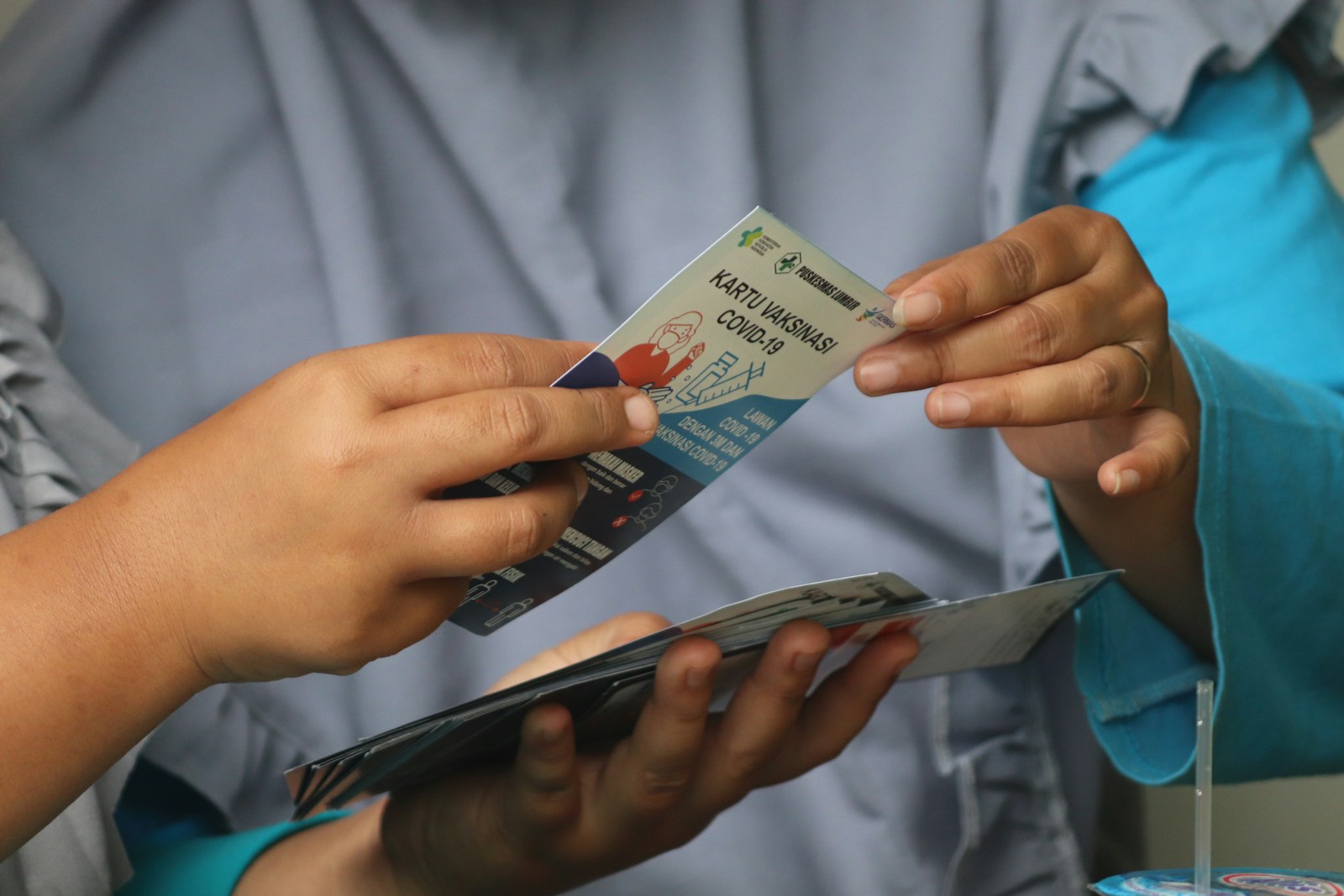
déjà

already
The French word 'déjà' translates to 'already' in English. It is used in the same context and format as 'already' is used in English sentences. For instance, it is used to refer to actions that occurred before now or sooner than expected. Example- Vous avez déjà mangé? meaning Have you eaten already?
Example sentences using: déjà
Elle est déjà allée à Paris.

She has already been to Paris.
The word 'déjà' here means that the individual have visited Paris at a previous time.
Il a déjà fait ses devoirs.

He has already done his homework.
In this context, 'déjà' indicates that he completed his homework earlier, before this current time.
Nous avons déjà réservé les billets.

We have already reserved the tickets.
Here, 'déjà' is used to suggest that the action of reserving the tickets happened in the past relative to the speaker's current time.
Tu as déjà vu ce film.

You have already seen this movie.
In this sentence, 'déjà' demonstrates that the person being addressed has seen the movie at some earlier time.
Ils ont déjà fini le projet.

They have already finished the project.
The word 'déjà' in this context implies that the project was finished before the current time.
J'ai déjà lu ce livre.

I have already read this book.
In this example, the author uses 'déjà' to indicate that the action of reading the book happened in the past.
Vous avez déjà pris votre décision.

You have already made your decision.
In this context, the word 'déjà' suggests that the decision was made at an earlier time.
Je suis déjà en retard.

I am already late.
Here 'déjà' expresses an earlier than expected outcome: the speaker is already late.
J'ai déjà mangé les fruits.

I have already eaten the fruits.
In this sentence, 'déjà' is used to express that the action of eating the fruits has occurred earlier than the current moment.
Elle a déjà accepté l'invitation.

She has already accepted the invitation.
'déjà' in this sentence indicates that the action of accepting the invitation occurred prior to the current moment.